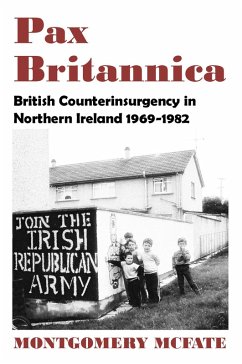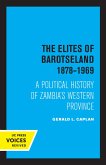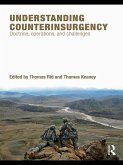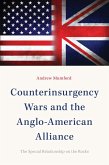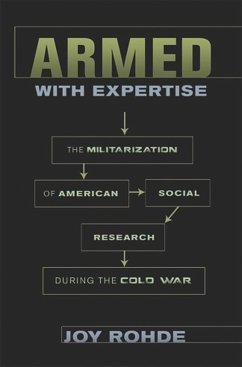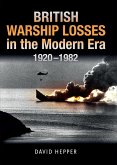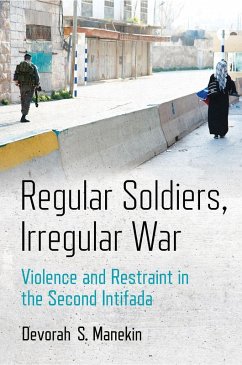British forces conducted operations short of war in Northern Ireland for twenty-five years, yet they were unable to defeat the Provisional Irish Republican Army (PIRA). In this heretofore unpublished dissertation from 1994, McFate identifies how certain cultural, legal, and political factors contributed to the longevity of violence in Northern Ireland. Viewing counterinsurgency as a self-reproducing cultural system with its own complex logic, McFate argues that limitations on violence prescribed by the counterinsurgency principle of minimum force paradoxically resulted in a very high degree of sustainability of conflict. Certain other factors-such as emergency security legislation, reverence of military competence, and geo-strategic compression of violence within a cordon sanitaire-enabled normalization and reproduction of the conflict. In opposition to this order, the 1981 Republican hungerstrikes used the silence of the body to incriminate the state, 'embodying' a resistance to the war system of counterinsurgency.
Dieser Download kann aus rechtlichen Gründen nur mit Rechnungsadresse in A, D ausgeliefert werden.

